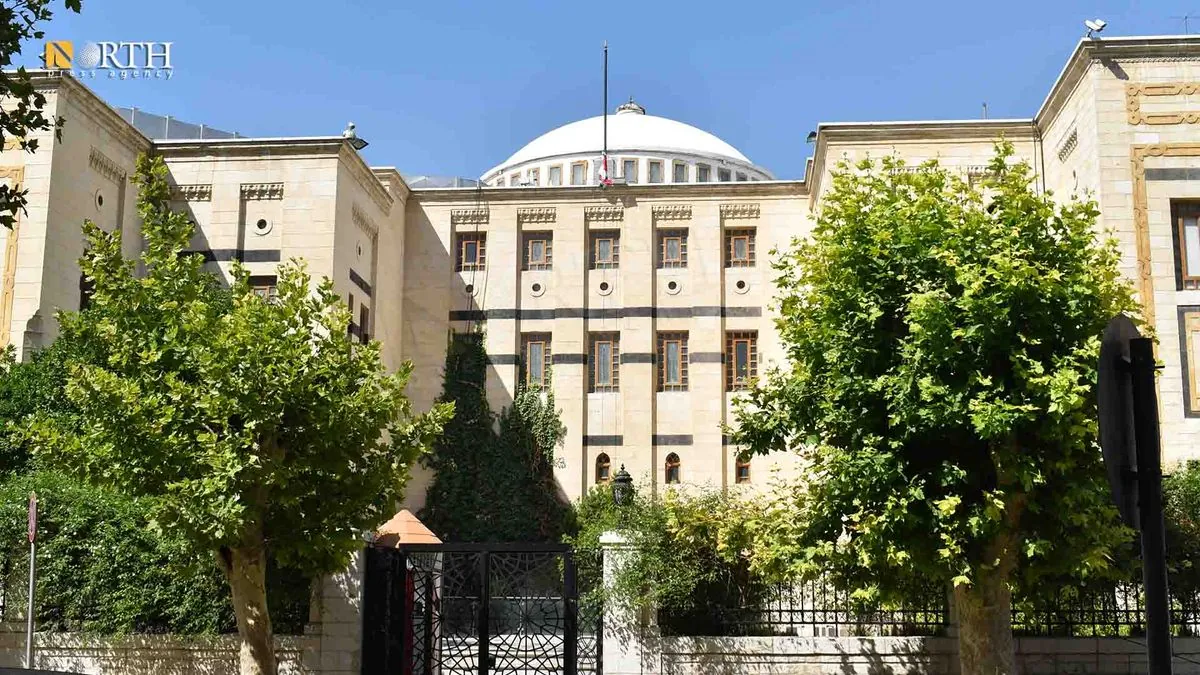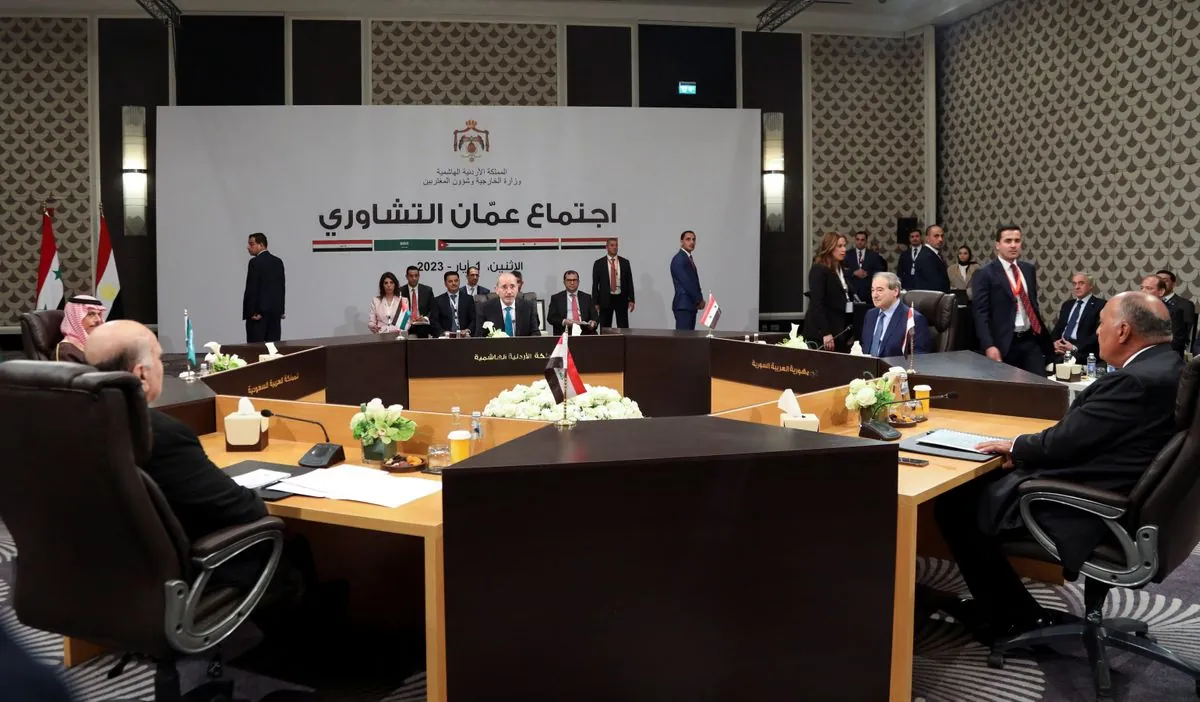Assad Taps Former Minister to Form New Syrian Cabinet Amid Ongoing Crisis
Syrian President Assad appoints ex-communications minister al-Jalali to form a new government, replacing the caretaker administration. Al-Jalali, under EU sanctions since 2014, faces challenges in war-torn Syria.

In a significant political move, Bashar al-Assad, the President of the Syrian Arab Republic, has issued a decree appointing Mohammad Ghazi al-Jalali to form a new cabinet. This development comes as Syria continues to grapple with the aftermath of a protracted civil conflict that began 13 years and 9 months ago.
Al-Jalali, who previously served as the communications minister from 2014 to 2016, has been tasked with assembling a new government to replace the outgoing caretaker administration. This interim cabinet had been in place since the parliamentary elections held in mid-July of the previous year.
It's worth noting that al-Jalali's appointment comes with controversy. Since 2014, he has been subject to European Union sanctions due to allegations of his involvement in the government's actions against civilians during the ongoing conflict.

The Syrian civil war, which erupted in 2011, has had devastating consequences for the nation. According to United Nations estimates, the conflict has resulted in at least 350,000 fatalities. This figure underscores the immense human cost of the prolonged crisis that has reshaped Syria's political and social landscape.
Syria, officially known as the Syrian Arab Republic, has a rich history dating back millennia. Damascus, its capital, is renowned as one of the world's oldest continuously inhabited cities. However, the ongoing conflict has overshadowed much of this heritage, leading to the largest refugee crisis since World War II, with over 6.6 million Syrians forced to flee their homeland.
The appointment of al-Jalali to form a new cabinet occurs against a backdrop of severe economic challenges. Since 2010, the Syrian economy has contracted by more than 60%, with the GDP per capita estimated at just $2,807 in 2020. This economic downturn has compounded the humanitarian crisis facing the country's population, which stood at approximately 17 million before the war's outbreak.
As al-Jalali begins the process of forming a new government, he faces the daunting task of addressing these multifaceted challenges. The new cabinet will need to navigate not only the ongoing conflict but also the impact of international sanctions, which have been in place since the start of the civil war.
The situation in Syria remains complex, with the country having been under the rule of the Ba'ath Party since 1963 and the Assad family since 1971. As the nation looks towards potential reconstruction and reconciliation, the formation of this new cabinet may play a crucial role in shaping Syria's future trajectory.


































